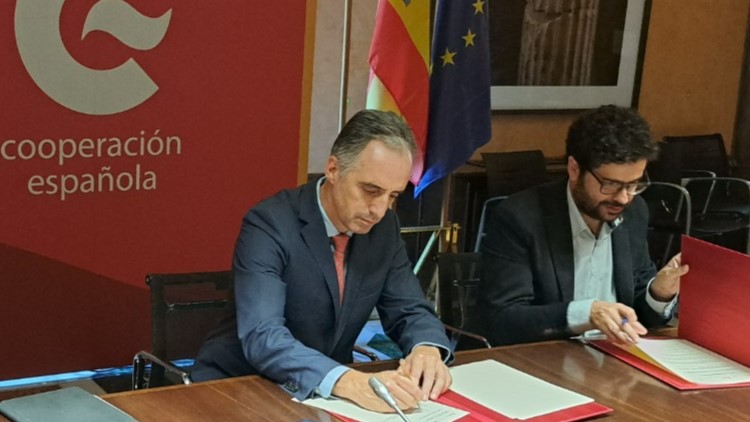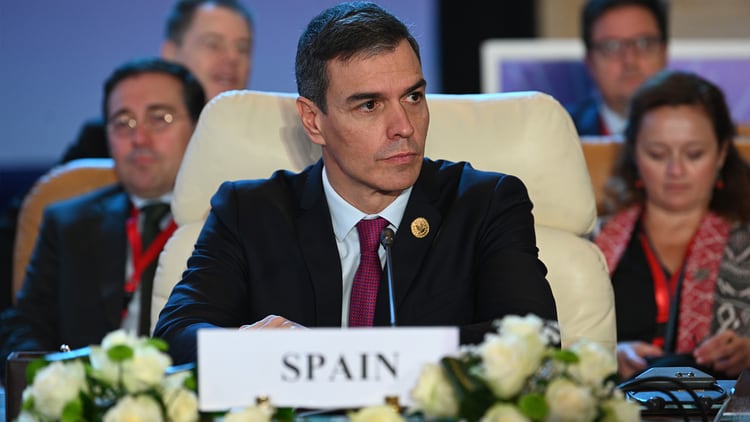Eduardo González
The Spanish Agency for International Development Cooperation (AECID) has signed a cooperation agreement with the Drugs for Neglected Diseases Initiative (DNDi) to work together against neglected diseases.
The agreement, signed last Monday, aims to strengthen research and development of new tools for the fight against neglected diseases and other diseases that disproportionately affect vulnerable populations, thereby contributing to the achievement of Sustainable Development Goal 3 of the 2030 Agenda’and universal health coverage. In addition, the agreement includes working together to decrease the risk of future pandemics and increase the capacity of developing countries in public health and research and development capacity.
DNDi is a non-profit organization whose main objective is to discover and develop treatments for diseases considered “forgotten” or neglected, and for others related to poverty and underdevelopment. It was created in 2003 by Médecins Sans Frontières with the endowment of the Nobel Prize obtained in 1999, and was subsequently strengthened with the incorporation of six other institutions from Brazil, Malaysia, India, Kenya and France, as well as the World Health Organization (WHO). This year it received the Princess of Asturias Award for International Cooperation.
The organization finances research into drugs that treat diseases that are not sufficiently addressed by the pharmaceutical industry because they are mainly developed in less developed countries, with insufficient capacity to access these drugs and, therefore, with few possibilities of making private investment profitable.
Since its creation, it has contributed to finding new drugs or combinations of existing drugs capable of effectively treating disorders such as sleeping sickness, leishmaniasis, Chagas disease and pediatric AIDS, filariasis and mycetoma. In the future, DNDi’s work will be extended to other health problems such as venomous snake bites.
The director of AECID, Antón Reis, declared during the event that, although the priority of Spanish Cooperation in this area is the strengthening of health systems, it is very important to support essential aspects in some countries, such as covering the inefficiency of the pharmaceutical market in the attention to these diseases of poverty’.
For his part, Luis Pizarro, executive director of DNDi, pointed out that this agreement is an opportunity to strengthen innovation and access to treatments for the most vulnerable people suffering from neglected diseases, and at the same time to continue supporting and working with the platforms of scientists in endemic countries, in alliance and network with different actors in international cooperation and global health.







